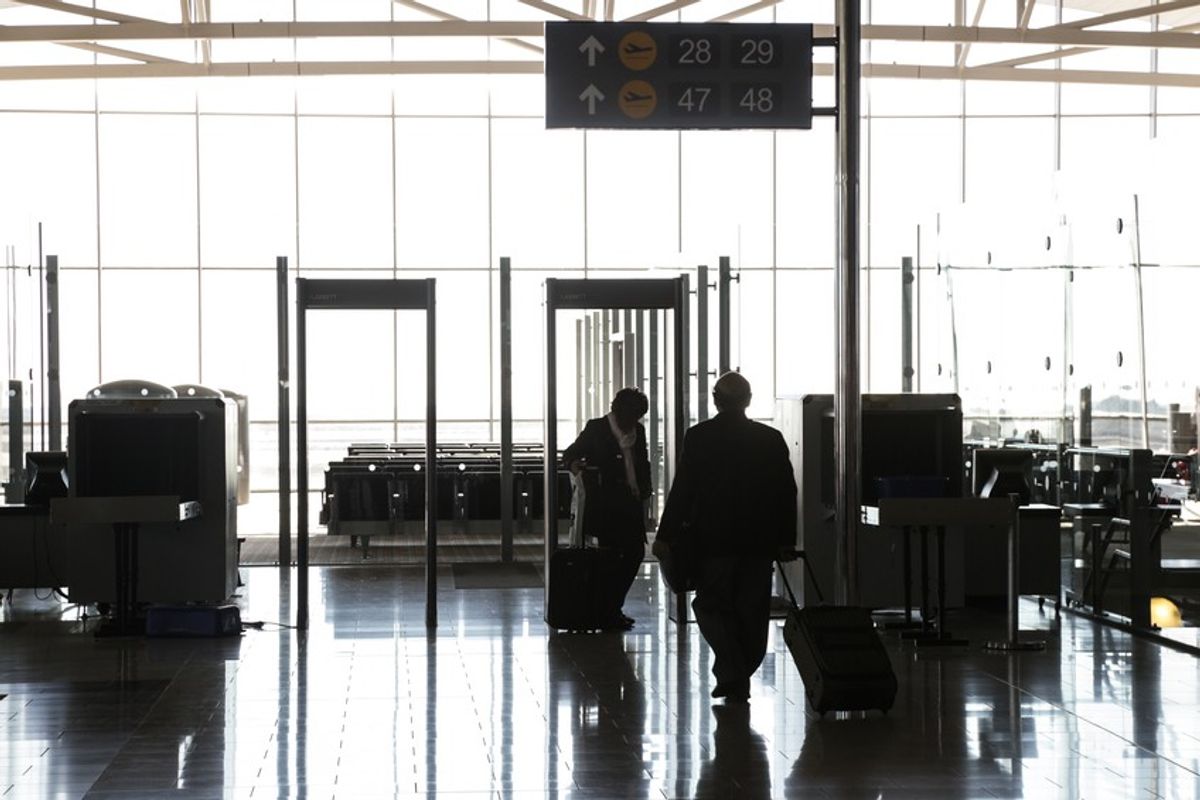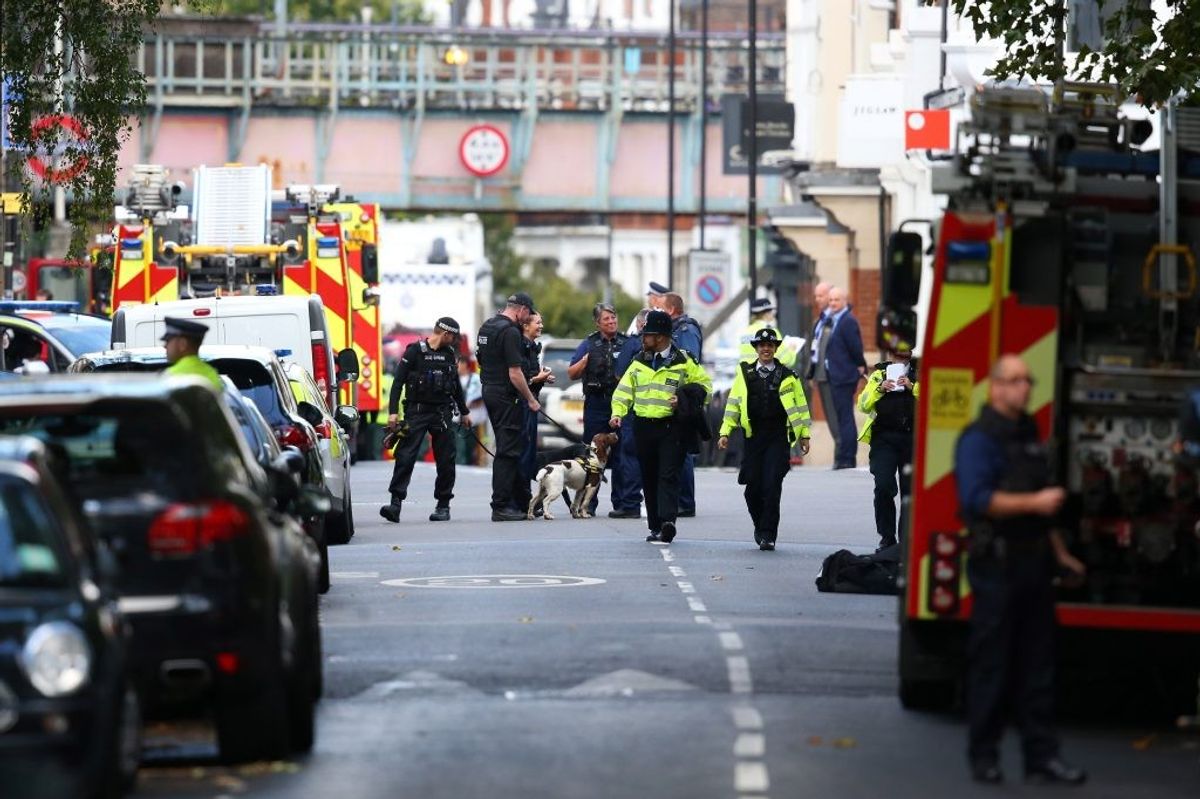A gunman shot dead 26 people at the First Baptist Church in Sutherland Springs, Texas, on Sunday, before taking his own life, authorities said.
Police said the attack was spurred by a domestic dispute between the suspect and his ex-wife’s family – not terrorism, according to Freeman Martin, regional director of the Texas Department of Public Safety in comments to reporters.
The incident serves as another warning to the U.S. leaders and the media to tread carefully when instantly labeling mass killing as terrorism, a debate The Cipher Brief explored after the Oct. 1 mass shooting at a Las Vegas country music festival.
In short, motive matters.
The Las Vegas incident took the lives of 58 people – the deadliest mass shooting in United States history – but as authorities could find no connection between the shooter and any designated foreign or domestic terrorist group, they rulled out “domestic terrorism.”
Others called the violence in Charlottesville, Va., domestic terrorism, including Cipher Brief experts Michael Leiter and Mitch Silber. That August weekend of confrontation between white nationalists and counter-protestors led to the death of a young woman counter protestor.
“Given the setting (a political rally) as well as early reports of the alleged attacker’s ideological tendencies, I don’t think there is any argument that this isn’t domestic terrorism,” Leiter told the Cipher Brief in the wake of the Charlottesville incident.
There was no disagreement on what to call last week’s deadly truck attack in New York City which killed 8 people, which was ruled an act of terror almost immediately, including by Trump in a tweet – driven largely by early reports of the suspect shouting “Allahu Akbar” and the use of a truck to hit a crowd, similar to other attacks inspired by the so-called Islamic State.
Verdi Tzou is a national security web editor at The Cipher Brief.










